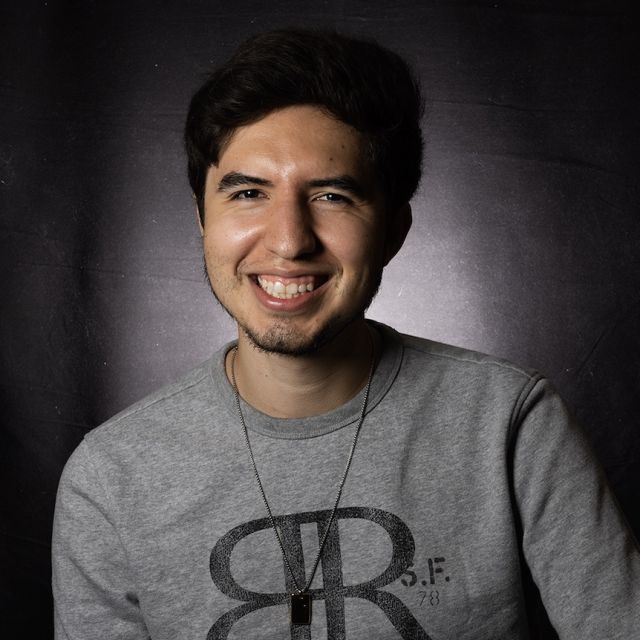
About Andrew
- Advisor: Marley Dewey
- Department: Bioengineering
- Campus: UCSB
- BioPACIFIC MIP Research: SET 3 - Functional Biomimics; SET 4 Degradation-Optimized Materials
What is your research focus?
My research targets implant-associated infections, where approximately 50% of these infections are caused by the formation of bacterial biofilms, which through production of a protective matrix, ultimately shield themselves, with high efficiency, from antibiotics and local immune responses, resulting in chronic inflammation and declined human health. Therefore, development of more effective methodologies to combat these types of infections is critical. Extracellular Vesicles (EV) are nanoscale lipid particles produced by almost every cell type, known to play vital roles in both protein delivery and cellular signaling, making them an ideal candidate as novel drug carriers. My overall goal is to hijack EV from human Mesenchymal Stem Cells (hMSC) and Staphylococcus aureus, and optimize their potential as nature's own antibiotic delivery systems to combat biofilm formation. Improving delivery of antibiotics to biofilms will have a significant and positive impact on wound healing and overall patient care.
SET 3 most closely relates to my research. It is important to study the effects of EV against mature biofilms in a 3D model that closely mimics the bone environment (collagen-based scaffolds). Since EV cargo changes based on mechanical properties of the cell they derive from, which can also be manipulated from the properties of the biomaterial itself, it is crucial to optimize a model with tunable mechanics to control for this. Nonetheless, this approach is outside the scope of what my lab is able to investigate without additional resources.
What excites you about NSF BioPACIFIC MIP?
While EV from mammalian cells have been heavily characterized, much is unknown about bacteria-derived EV. Instruments and trainings offered by BioPACIFIC MIP at UCSB (Shimadzu Nexera HPLC-MS (Preparative/Analytical), Cellink BioX 3D Bioprinter) will be used to characterize, optimize our current isolation methods, and assess EV from bacteria in vitro.
As a first-generation college student, professional skills in my early graduate career are critical for my success. As the Dewey Lab's first graduate student, I have proactively sought out these opportunities for myself. While I have attended many skill-building workshops, and even presented a poster at a conference in the past year, I want to further strengthen my science presentation skills and would like to utilize the professional development BioPACIFIC MIP offers to improve as I prepare for my candidacy exam.
Additionally, I will utilize the facilities at UCLA (Microelectron Diffraction (MicroED)) for a current collaboration, where we are assessing the viability of human fibroblasts on a novel co-polymeric hydrogel, but are seeing unexpected degradation (SET 4). Exposure and mentorship have been the largest contributors to my growth in graduate school, and the overall resources this fellowship provides will diversify and improve the overall impact of my research.